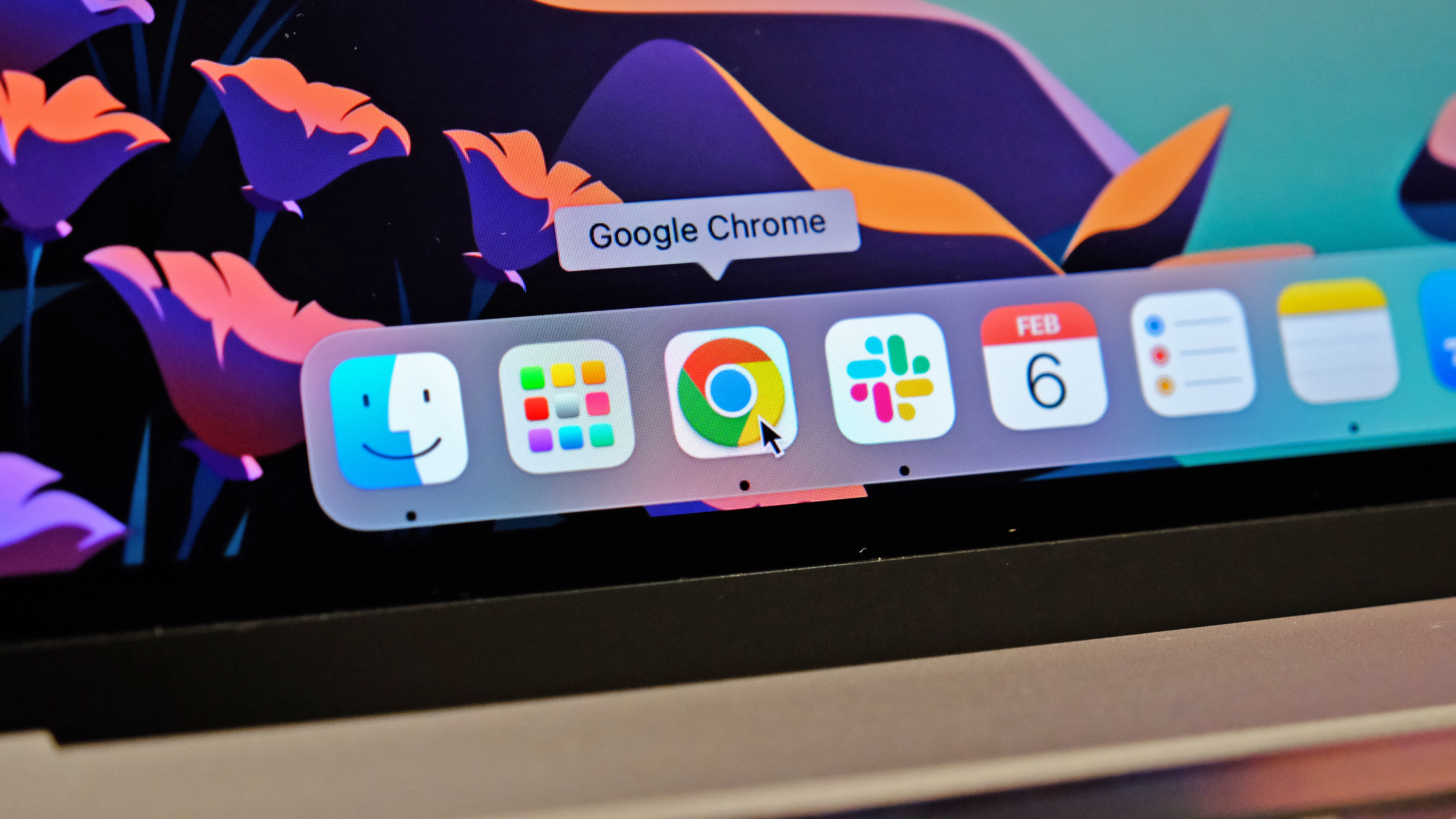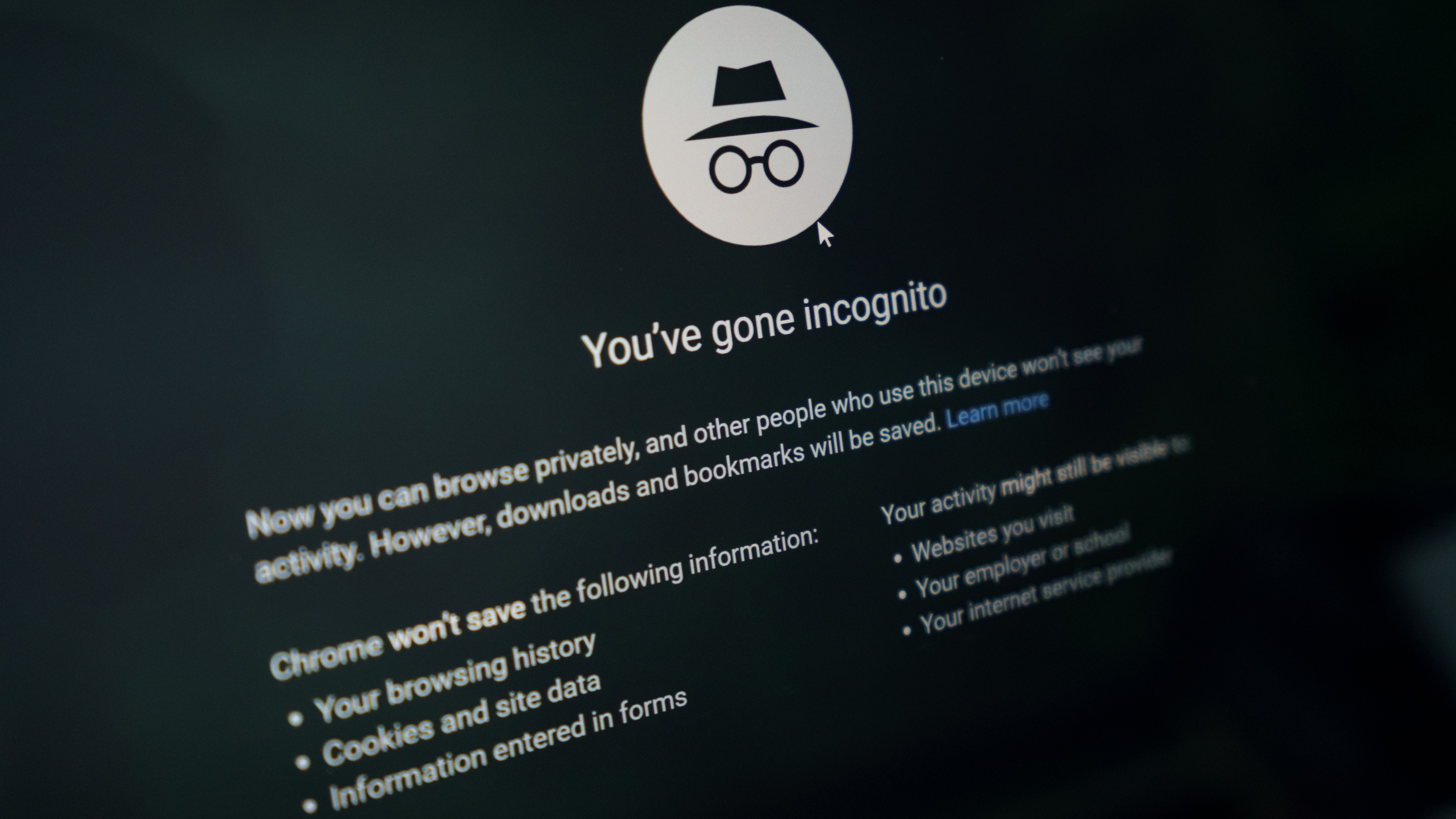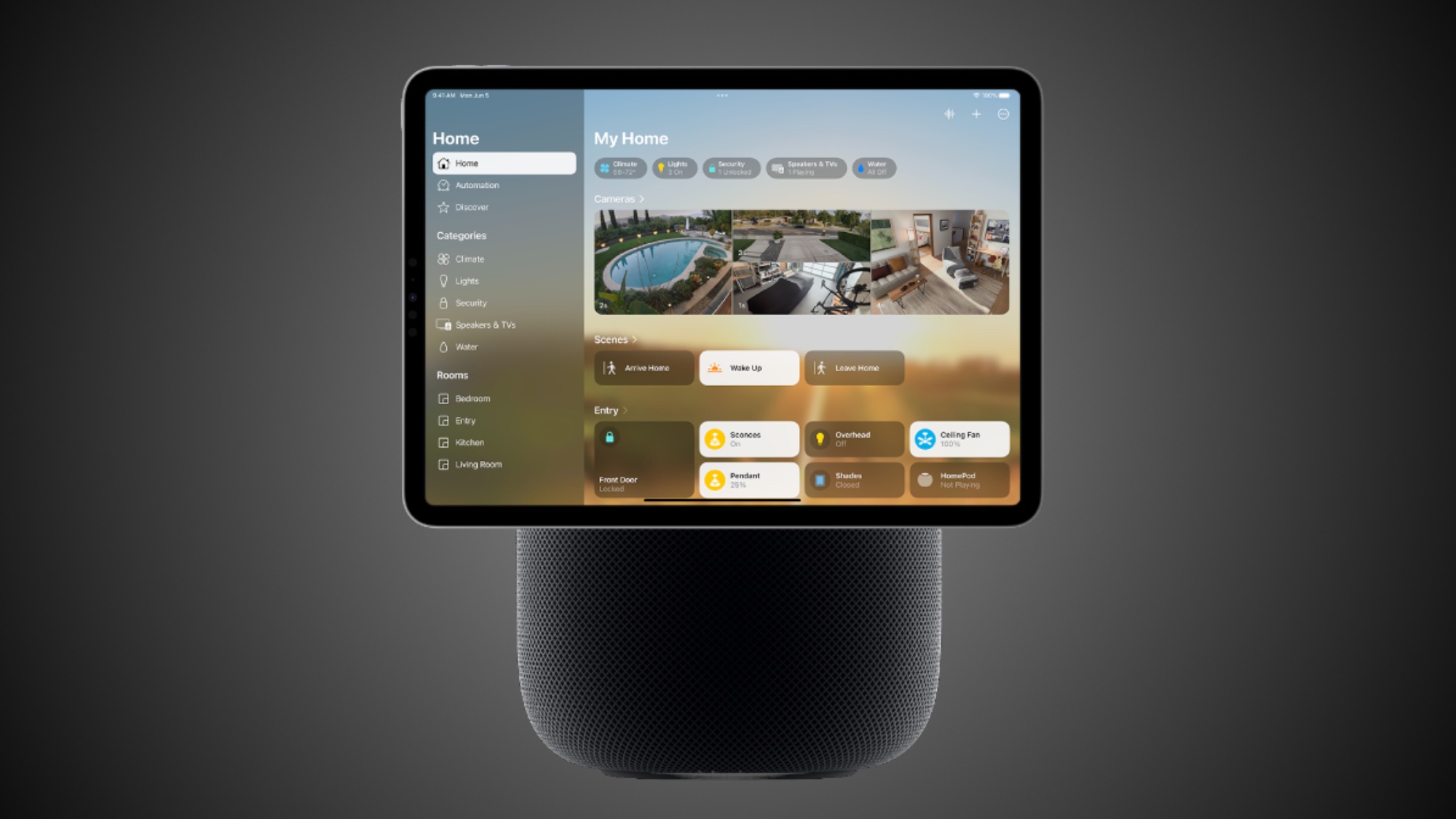Google’s 'shortsighted' decision to halt plans to kill Chrome third-party cookies is proof Apple was right

After four years of vague promises and actions that do not back up words, Google is pulling the plug on eliminating third-party cookies in Chrome. Announced in a blog post today, Mountain View is shifting focus to provide “a new experience in Chrome” that will give people the chance to “make an informed choice” about how they are tracked.
That’s all fair and good, but once you start going into the history of it (and you cut it with the context of this being a free-to-use product, which on the internet means that you are ultimately the product), you’d be right to be a little annoyed at this “shortsighted” decision.
A decision that isn’t just going to throw the privacy trust issue back into the faces of users, but proves Apple's new dystopian ad was right.
Interpreting Google’s statement
Let’s go into some of the detail here. This all started in 2020, when Google announced it would eliminate third-party cookies from Chrome by 2022 — an admirable goal to get rid of something that was annoying at best and a privacy scare at worst.
This timeline was pushed back a few times because of pressure from advertisers and several big issues with regulators. These issues have surrounded what the alternative would be to transition too. In the blog post, Privacy Sandbox VP Anthony Chavez does say that while testing shows this different approach has “potential,” getting it all to work “requires significant work by many participants and will have an impact on publishers, advertisers, and everyone involved in online advertising.”
As Chavez mentions, this 180-degree has come at the hands of the UK’s Competition and Markets Authority (CMA) and Information Commissioner’s Office (ICO), alongside publishers, web developers and advertisers — feedback that has helped them to arrive at this so-called solution.

It’s not the end of Google's Privacy Sandbox work, as the company will continue working on APIs to create “privacy-preserving alternatives” to cookies, while also finally addressing the whole thing about Incognito Mode not being very “Incognito” by introducing IP protection.
Get instant access to breaking news, the hottest reviews, great deals and helpful tips.
A lot of places that have covered this news have called this a positive step in disguise, as it provides users a choice. But it’s missing the fundamental point here — that choice doesn’t exist, and the existence of this choice is all reliant on Google standing up to this pressure and coming through with its promises (something it has not done yet).
In the meantime, we have vague promises of this elevated “user choice” in a new Chrome experience that we know nothing about, which will be revealed in more detail at an unspecified later date. That means we’re still stuck with stale cookies.
“Regulators, consumers, and even brands have recognized the privacy issues associated with cookies and have been working towards more privacy-friendly solutions,” Adam Schenkel, EVP, Global Platform Strategy and Operation, at GumGum commented.
“Google’s decision is shortsighted, especially as it relates to privacy. The industry and Google should continue to broaden its toolkit to include less invasive methods of delivering ads.”
Unintended perfect timing from Apple
And this got me thinking about the ad Apple has started running about Safari — you know, the creepy one with CCTV bats that call the company’s app “a browser that’s actually private.” It’s very much the way the company operates now, as privacy has become a huge selling point for Apple products.
At this point, literally just a week ago, we were in a very different landscape. According to Google’s Privacy Sandbox report, eliminating third-party cookies had only been delayed to 2025, but it was still going to happen.
But now, as Google kills these plans, this ad takes on a whole new meaning. IP protection in Incognito mode in Chrome vs IP address hiding as standard in Safari (provided you have an iCloud+ account), and tracking cookies sticking around for much longer show that the Cupertino crew were right all along.
Will this change anything in terms of the ad effectiveness? Possibly. I think people who use Chrome are probably aware of the whole third-party cookie cross-site tracking thing, but overlook it for the ease, convenience and feature set of using the browser. But you can’t ignore the fact that this is all playing nicely into Apple’s hands.
That’s a big old “yikes” from me

Look, let’s cut to the brass tax here. We are all in agreement that third-party cookies bring up privacy concerns — creating detailed profiles about each and every one of us. So why are we still even entertaining this being a thing?
On top of that, leaning back on my time working in digital marketing for a decade, it’s not even that effective of a tool. What you’re missing from a rudimentary profile built of sites you visit is deeper context.
Why is that person on the site? What are they there for? Looking on a deeper content level rather than an overarching “this person has been on X website” gives you more understanding of how to target them with more relevant ads — something third-party cookies are unable to do, which made them a cheap but highly ineffective ad tool that I stayed away from.
I know that companies need to make money on the internet, and ads are usually the most direct way to do so. But this is not the way to go about it, Google.
More from Tom's Guide
- CrowdStrike CEO called to testify over global outage caused by his company’s faulty update
- How to transfer Google Photos to PC or Mac
- Google Gemini keeps giving me out-of-date information and this is a problem — here’s why

Jason brings a decade of tech and gaming journalism experience to his role as a Managing Editor of Computing at Tom's Guide. He has previously written for Laptop Mag, Tom's Hardware, Kotaku, Stuff and BBC Science Focus. In his spare time, you'll find Jason looking for good dogs to pet or thinking about eating pizza if he isn't already.

